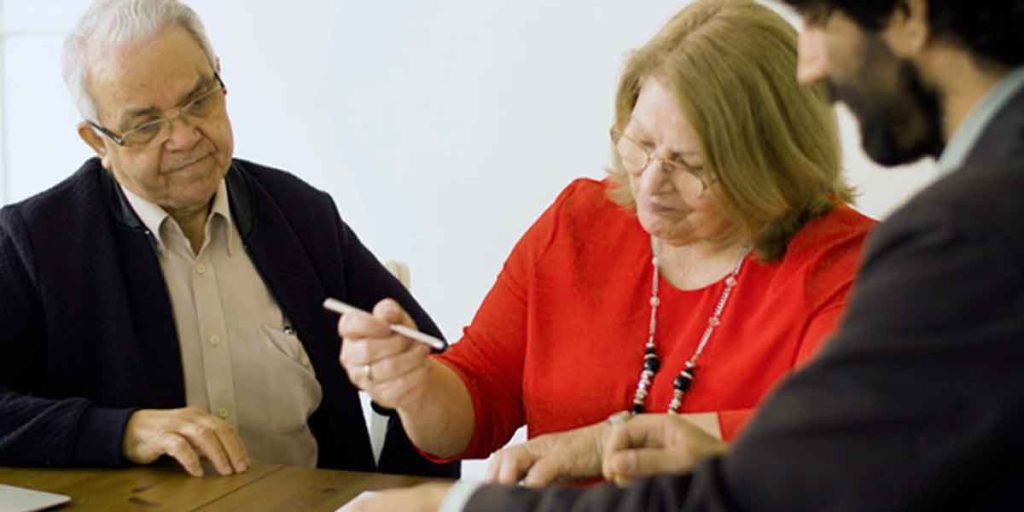What Estate Planning Includes
An estate plan can provide you the essentials needed to make sure your estate and all your assets are in good hands. It includes a Will, power of attorney, a trust, healthcare proxies and care of all your belongings. A Will assigns your executor, the person who’s responsible with your final wishes, while trusts manage distribution of all your assets. Healthcare proxies is proper healthcare you ask for in your Will. A lawyer can give you the guidelines when putting your document in order to ensure you a successful future probate.
What You Should Provide
Things you should provide is to assign an executor and a trustee. Put any accounts like investments, bank information, etc on the Will and assign to who obtains it. You need to also make sure you have guardianship if you have children to other guardians who you are close with. Also ask what type of healthcare you want and other information for your lawyer to get the best service.
Now That You’re Prepared
You’re ready for an easy case on your estate plan and full comfort as it processes. A full proof estate plan can guarantee you safety of not only what you own but your family living situation against extra payments that can have them sell the estate itself. To be prepared its important that a lawyer helps you go through the whole planning process to undergo a good court experience.
FAQ
1. How Often Should I Update My Estate Plan?
Your estate plan should be looked over every 5 years or so but may need adjustments if you’re involved in marriage, bear any children or filed for divorce. This is due to legal laws within the state and now who’s involved.
2. Should you avoid probate?
There’s an understanding when wanting to avoid a probate and it’s due to waiting a year for courts approval or even having the courts approval rather than your own. Both these things can pile more fees on top of the file the more complicated things get through many disagreements. It is necessary to use the probate because if you’re looking through the file rather than an attorney, you will be prone to mistakes and more fees that the attorney could of spotted. Upcoming mistakes can also cause the filing to be longer than it should. So you shouldn’t avoid any probates.
3. What is a Testamentary trust?
A testamentary trust is a a trust that is formed after a persons passing and is instructed or assigned according to the last Will. It is also considered a third-party if it is someone assigned as a trustee rather a family member. Then that person would have the right to move the assets around.
4. Why do I need an attorney to write a Will?
An attorney is necessary to prevent future mistakes that the attorney him or herself is more aware of. Needs in your Will may be to vague to approve in court and that’s only one of many examples of when that can occur. The issue here is that any mistakes found in the Will has to go through a delayed probate process. Note, a probate can take up to a year and additional fees added upon these delays. So it’s crucial that you get an estate attorney to prevent further conflict.
5. Can I Create an Plan on My Own?
You are free to create your own plan but doing so would have you leave any important details and is a good chance that will happen because of certain law terms you need to bring up. So creating your own plan may be an invalid one.
6. When should I make an advance directive?
The best time to make an advance directive is before you need one. In other words, before you become too sick to make your own decisions about what medical care you want to get or refuse.
7. Should my spouse and I file a joint tax return?
When filing a joint tax return you have an easier time with filing taxes and you have a deduction of fees included. With separate accounts you and your spouse would have to do your own paperwork. With a joint tax return things would be much easier and you can save money.
8. How long does probate take in New York?
If you have an uncomplicated Will with every statement clear and destination of all assets addressed then the process can take between 3 to 6 months. Though so,e cases can be complicated when it comes to disagreements in the Will or any updates that needs to be changed. This process can take up to years depending on how long the modification and needs take.
9. What happens when someone dies without a will in New York?
Without a Will, your family would have to discuss with who gets what assets and with other beneficiaries involved can make this case more expensive. A will is very important to make things organized and give less strain to everyone within the family.









